|
|
|
|
It’s hard to picture anything resembling normal economic life occuring in a war zone. And so when I commissioned a story about the Ukrainian economy and the impact of Russia’s invasion, I was surprised to learn that, in much of the country, factory workers are still punching clocks, farmers are preparing to plant seeds and IT specialists are keeping Ukrainians connected to the world – along with their stories of suffering, survival and savage memes.
At the same time, Ukraine’s economy is teetering on the edge as relentless Russian shelling decimates cities like Mariupol and Ukrainians there simply struggle to survive. The government estimates Russia’s war has caused over half a trillion US dollars in economic damage so far, with thousands dead – tolls that are expected to only grow.
The consequences of the conflict extend well beyond Ukraine, explains economist and native Ukrainian Yuriy Gorodnichenko, in large part thanks to reforms and other changes made to the economy in recent years. Gorodnichenko charts Ukraine’s path from a collapsing economy inherited from the Soviet Union to vital trader of products like wheat and neon – progress now threatened by Russian-wrought devastation.
If you would like to get in touch with suggestions for the Global Economy & Business newsletter or for any other reason, email us at global-economy@theconversation.com.
|

|
Bryan Keogh
Senior Editor, Economy + Business
|
|
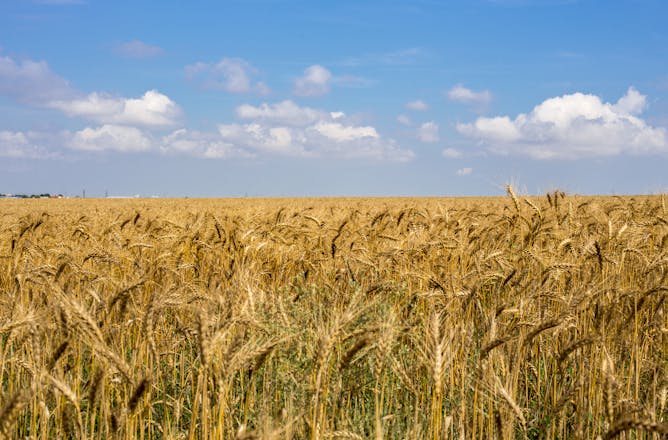
Yuriy Gorodnichenko, University of California, Berkeley
Ukraine was becoming increasingly linked with the global economy. Russia’s invasion puts its progress at risk.
|
Essential briefings
|
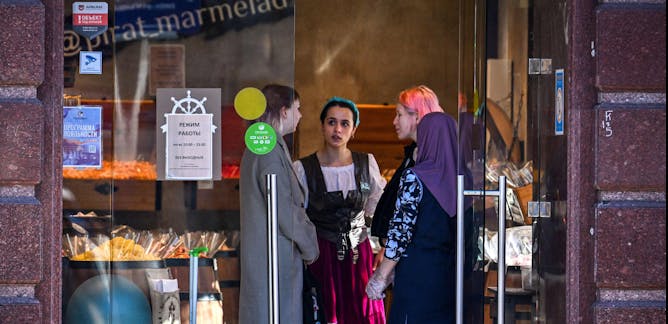
Joseph Wright, Penn State; Abel Escribà-Folch, Universitat Pompeu Fabra
Personalist dictators tend to shield the elites who support them from the economic pain of sanctions by pushing costs onto regular people.
| |
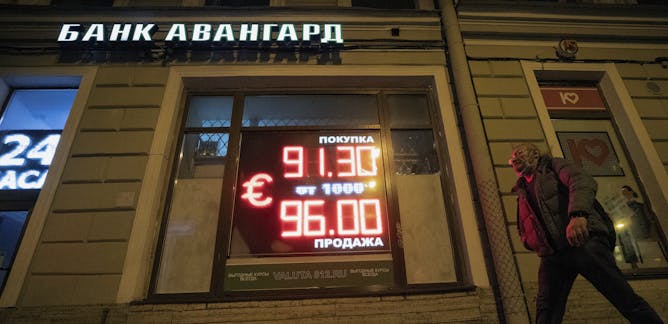
Dr Paul Mazzola, University of Wollongong; Mitchell Goroch, University of Wollongong
A closer look at Bitcoin transactions suggests ordinary Russians are the ones buying more cryptocurrency, hoping to hang onto savings as the ruble’s value plummets.
|
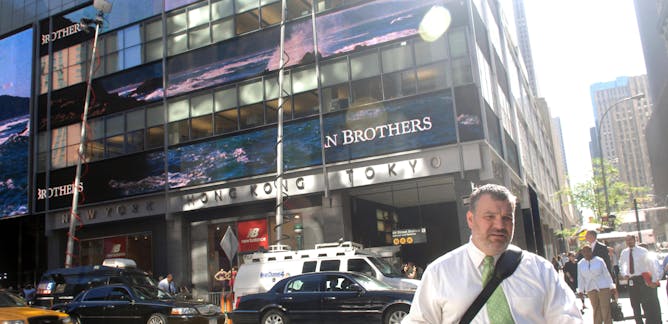
Ronen Palan, City, University of London
Ukraine is the epicentre of a clash of global ideologies – which is exactly what happened in the 1930s.
| |
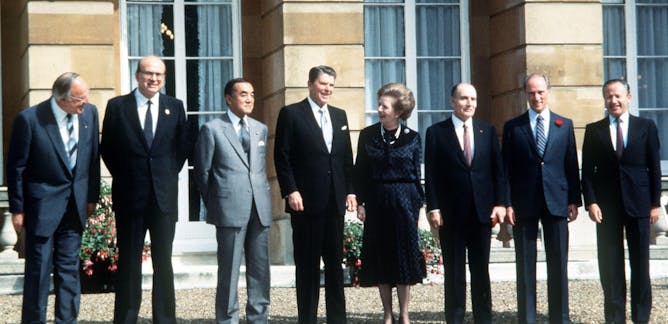
Kirill Shakhnov, University of Surrey
The problem has always been that Europe trades with Russia a lot, while the US only trades a little.
|
|
|
|
|
Economy
|
-
Charles Hankla, Georgia State University
The US, Japan and other wealthy G-7 nations plan to remove Russia’s status as a most-favored nation. A trade expert explains what that term means and what might happen next.
|
|
Business
|
-
Kokho Jason Sit, University of Portsmouth
Thousands of young people became pet owners during the pandemic - retailers should let them bring their furry friends to stores.
|
|
Trade
|
-
Kibrom Abay, The International Food Policy Research Institute (IFPRI) ; Clemens Breisinger, The International Food Policy Research Institute (IFPRI) ; David Laborde Debucquet, The International Food Policy Research Institute (IFPRI) ; Joseph Glauber, The International Food Policy Research Institute (IFPRI) ; Lina Alaaeldin Abdelfattah, The International Food Policy Research Institute (IFPRI)
Egypt is already feeling the impact of the war, which has led to recent cancellation of tenders due to lack of offers, in particular from Ukraine and Russia.
|
|
Climate change
|
-
Daniel E. Walters, Penn State; William M. Manson, Penn State
The SEC’s proposal would require companies to disclose their greenhouse gas emissions and other climate risks, but it’s not a done deal yet.
|
|
Energy
|
-
Inga Kristina Trauthig, King's College London; Amine Ghoulidi, King's College London
Maghreb countries are unlikely to step up to replace Russian gas supplies without an implicit nod from Moscow.
|
|
More from The Conversation |
|---|
|
|
|
| |
| |
| |
| |
|
|
|
|
|
|
|